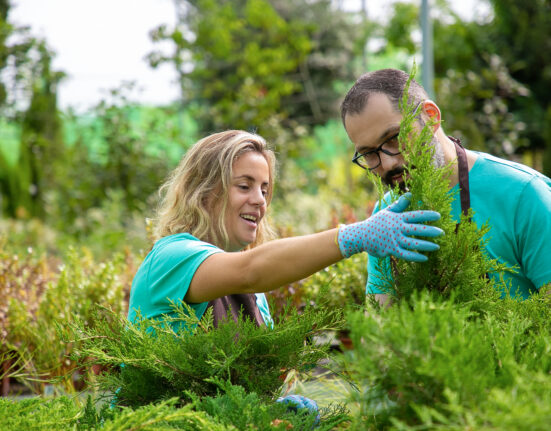Why Raising Eco-Conscious Children Matters
Long-Term Environmental Impact:
Children are the future, and their habits and values today will shape the world tomorrow. Teaching them to care for the environment ensures a more sustainable future.
Understanding and Empathy:
Eco-conscious children develop a deeper understanding of the natural world and empathy for all living creatures. This fosters a sense of responsibility and stewardship.
Critical Thinking and Problem-Solving:
Teaching sustainability encourages critical thinking and problem-solving skills. Children learn to analyze issues, make informed choices, and find creative solutions.
Health and Well-Being:
Eco-consciousness is not only about protecting the planet but also about promoting personal well-being. Children who value clean air, water, and food are likely to make healthier choices.
Community and Global Awareness:
Sustainable values encourage children to think beyond themselves. They learn about global environmental issues and become active members of a larger community.
Teaching Sustainable Values to Children
Set an Example:
Children often emulate their parents. Be a role model by practicing eco-friendly habits in your daily life. Show them the importance of recycling, conserving energy, and reducing waste.
Nature Exploration:
Spend time outdoors with your children. Take nature walks, go camping, or visit parks. Help them connect with the natural world and appreciate its beauty.
Hands-On Gardening:
Gardening is an excellent way to teach sustainability. Involve your children in planting and caring for a garden. They’ll learn about the life cycle of plants and the importance of soil health.
Reduce, Reuse, Recycle:
Teach the three R’s – reduce, reuse, and recycle. Show them how to minimize waste, repurpose items, and sort recyclables. Make it a game to involve them in the process.
Water Conservation:
Discuss the importance of water conservation and involve children in turning off the tap while brushing their teeth or collecting rainwater for plants.
Energy Efficiency:
Explain the significance of energy conservation. Encourage them to turn off lights and appliances when not in use. Teach them how to reduce, reuse, and recycle paper.
Sustainable Food Choices:
Educate your children about where their food comes from and the impact of their dietary choices. Grow a vegetable garden or shop locally for fresh produce.
Zero-Waste Lunches:
Prepare zero-waste lunches by using reusable containers, cloth napkins, and stainless steel water bottles. Teach children about the importance of reducing single-use plastic.
Books and Educational Resources:
Invest in age-appropriate books, documentaries, and educational resources that promote eco-consciousness. Explore topics like climate change, biodiversity, and conservation together.
Waste-Free Art and Crafts:
Encourage creativity with waste-free art and crafts. Use discarded materials to create fun and educational projects.
Engage in Conservation Activities:
Participate in local conservation activities like tree planting, beach clean-ups, or wildlife habitat restoration. Children can see the direct impact of their efforts.
Discussion and Exploration:
Foster open discussions about environmental issues. Encourage them to ask questions and explore potential solutions.
Limit Screen Time:
Reducing screen time and encouraging outdoor activities not only promotes physical health but also fosters a deeper connection with nature.
Celebrate Earth Day:
Make Earth Day a special occasion to celebrate the planet. Engage in eco-friendly activities and discuss the significance of protecting the Earth.
Support Sustainable Brands:
Choose sustainable products and brands, and explain why you make these choices. Show them how their purchases can support responsible companies.
Community Involvement:
Involve your children in community environmental projects, such as neighborhood clean-ups or volunteering at local conservation organizations.
Conclusion
Raising eco-conscious children is an investment in the future of our planet. By instilling sustainable values, children develop an understanding of the environment, empathy for all living things, and a sense of responsibility as global citizens. As parents and guardians, we have the power to nurture these values and shape the next generation of environmentally conscious individuals who will actively contribute to a more sustainable and harmonious world. Teaching sustainability is not only an act of love for our children but also a commitment to the well-being of our planet.















Leave feedback about this